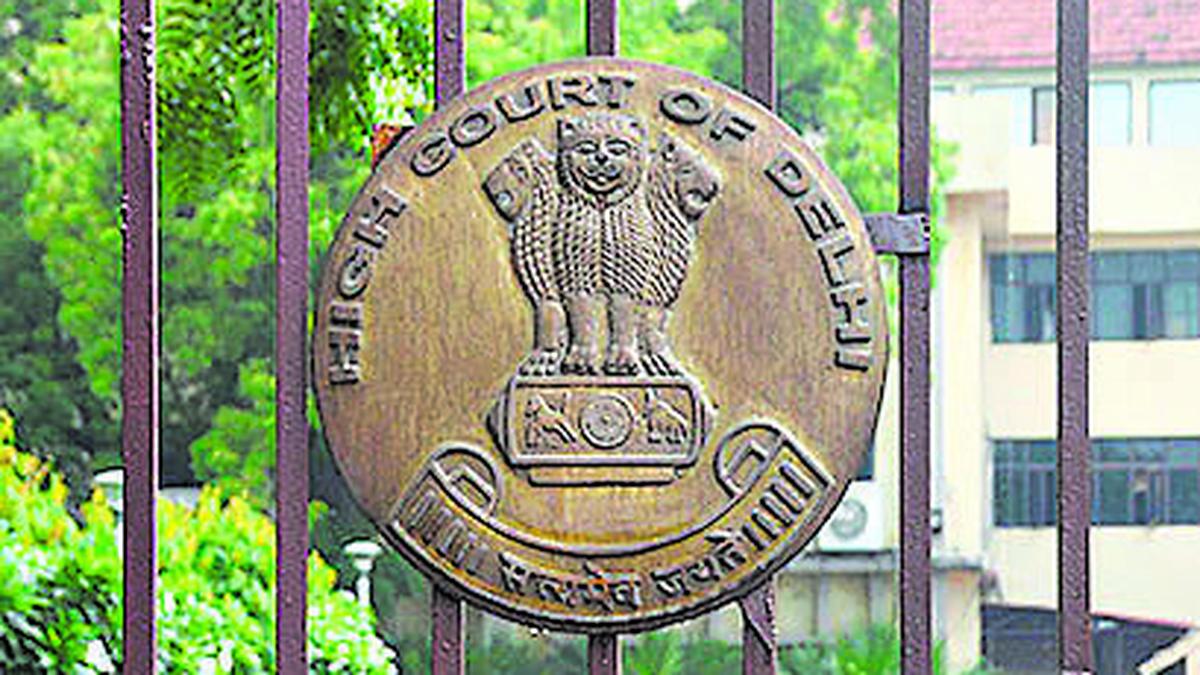
Narendra Modi’s qualification row | Delhi HC declines to prepone hearing of plea related to PM Modi’s BA Degree
The Hindu
The Delhi High Court on July 10 declined to prepone the hearing on a plea related to disclosure of records of Delhi University students who had passed Bachelor of Arts course in 1978, when PM Modi had also cleared the exam, under the RTI Act.
The Delhi High Court on July 10 declined to prepone the hearing on a plea related to disclosure of records of Delhi University students who had passed Bachelor of Arts course in 1978, when Prime Minister Narendra Modi had cleared the exam, under the RTI Act.
Justice Subramonium Prasad issued notice to the Delhi University (DU) on an application by RTI activist Neeraj seeking an early hearing in the petition which was already listed for hearing on October 13.
Senior advocate Sanjay Hegde, appearing for Neeraj, argued that the petition warranted an early hearing as it was pending for a long time since 2017.
The High Court was hearing a petition by Delhi University challenging a Central Information Commission (CIC) December 21, 2016 order allowing RTI activist Neeraj to inspect records of the students who had passed DU’s Bachelor of Arts in 1978.
The High Court had stayed the CIC’s order on January 23, 2017.
The university had contended that the CIC’s order was passed in “unexplainable haste” as the information sought is “third party personal information”.
Also read | Narendra Modi’s degree ‘authentic’: Delhi University Registrar Tarun Das













